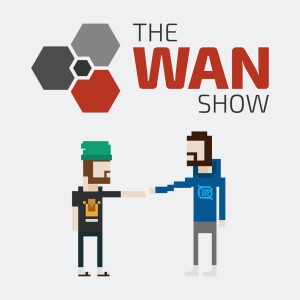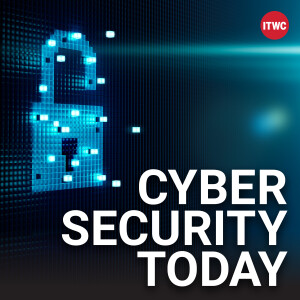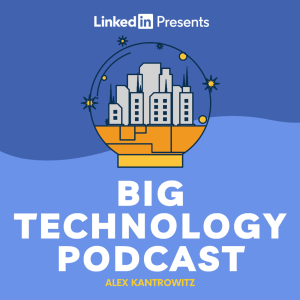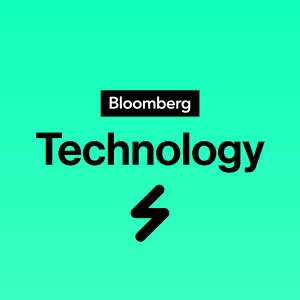

Global micro-electronic chip shortages. Does it impact companies in Brainport? TU/e Prof. Peter Baltus
A global shortage of microelectronic ICs, .. what does it mean for you and for the region? Our guest is an expert in making IC: Prof. Peter Baltus. With all these uncertainties, we like to hear how IC's are made, why we need foundries, what can we do here in the Eindhoven region, and what can we not do?
A global shortage of semiconductor chips is raising fear for disruptions to the supply of electronic chips. The shortage has been causing delays in everything from cars and televisions to video game consoles and smartphones. Just to name a few: Apple's production of iPhone 12 was disrupted due to chip shortage. Samsung is considering to delay the introduction of the next Galaxy Note in 2021. Despite the slow demand for new cars during the pandemic, car manufacturers nonetheless still cannot keep up with the production due to chip shortages. NXP, a Dutch semiconductor company in this region, also suffered from production problems in Texas due to severe winter weather, but may also see problems arise with their foundry factory in Taiwan. Moreover, all the technology that is currently being implemented: 5G, AI, autonomous cars and all the data storage/processing demand, also becomes seriously at risk.
In order to meet the demand, TSMC is ramping up their facilities with multiple orders of ASML lithography machines in their $100 billion investment plan to outmatch Intel’s recent $20 billion expansion plans. Other chip manufacturers also followed suit.
In the short term, that US president Biden intervened with an executive order to ensure US access to electronic chips. Military sources also warned about a potential Chinese intervention in Taiwan. In fact, a large portion of chips are made in Taiwan by TSMC, but the Taiwanese IC manufacturer may not be accessible for a Chinese companies like Huawei, under pressure from the US. With the US safeguarding production on US foundries, Taiwan being squeezed between China and US interest, where does Europe get its chips?
All of this developments will not only affect the prices of your next smartphone, tablet or TV set, but also highly impact semiconductor companies in the Brainport region such as ASML and NXP. For us and the listeners, enough reasons to invite an expert in how to make an integrated Circuit: Prof. Peter Baltus.
More Episodes
All Episodes>>Create Your Podcast In Minutes
- Full-featured podcast site
- Unlimited storage and bandwidth
- Comprehensive podcast stats
- Distribute to Apple Podcasts, Spotify, and more
- Make money with your podcast












